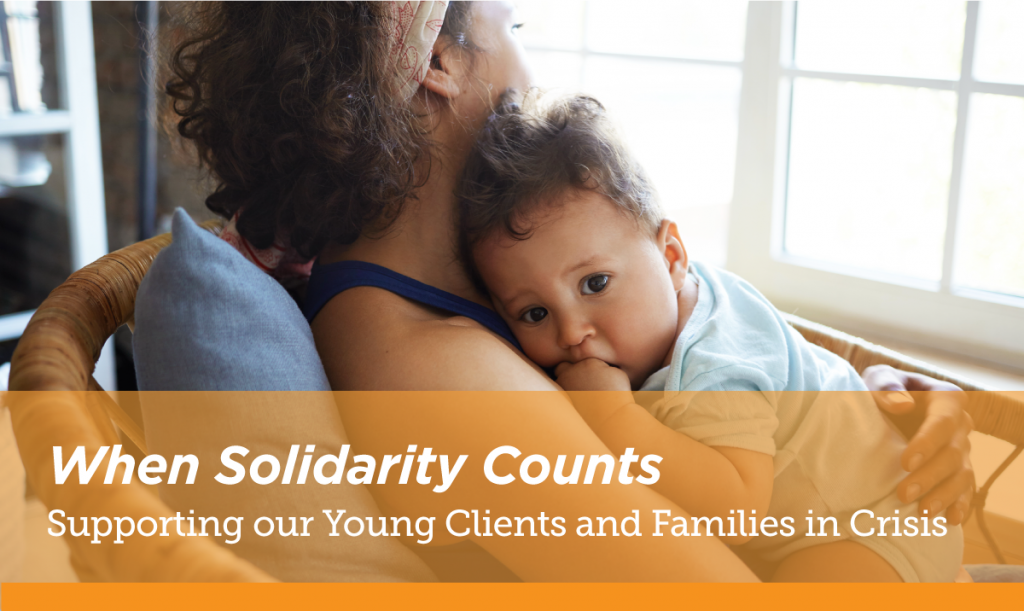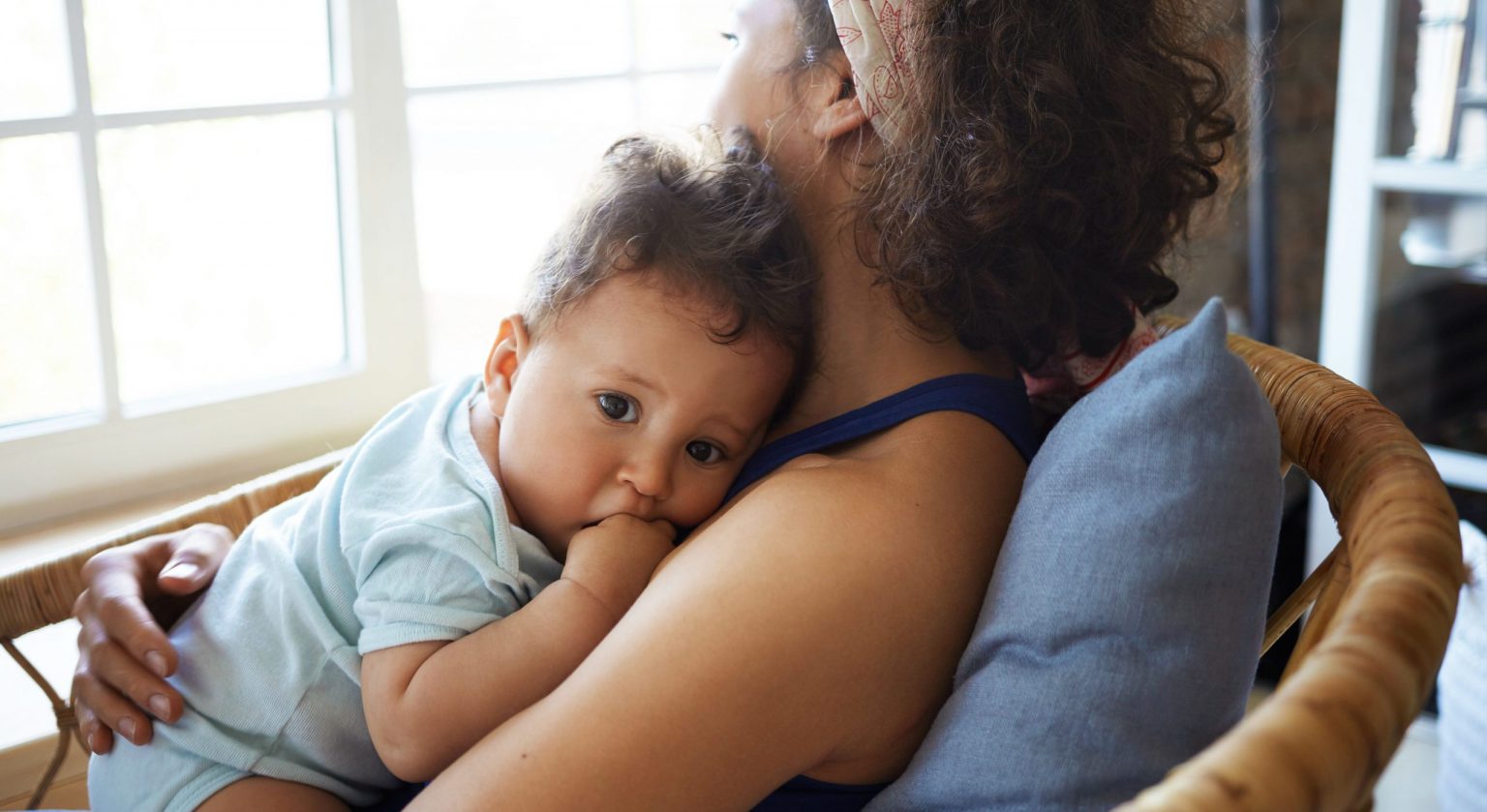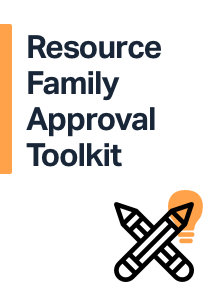
Moments of crisis have a way of calling attention to the inequities and barriers vulnerable children, young adults, and families confront in order to access the critical supports they need.
Young people and the families who step up for children in our community are reaching out to the Alliance for help—knowing that we will be here to advocate for them, as we always have.
Responding to the Pandemic: Short- and Long-Term Strategies
The Alliance is well-positioned to serve the evolving needs of our clients in this crisis. We are responding to each of their vital needs, and proactively advocating for policies and practices to redress the short-term and long-term effects of this pandemic for all young people impacted by foster care. Our attorneys, social workers, and other advocates are engaging remotely with clients, and are preparing to manage increased and more complex caseloads. We are actively engaging with partners throughout the child welfare community to promote solutions to issues impacting our children and youth as they occur in real time, as well as those we anticipate will continue or emerge when we collectively exit the “stay at home” orders.
Supporting Our Clients in a Time of Crisis
Young people impacted by foster care will likely face greater challenges than ever in the coming weeks and months. We anticipate greater numbers of youth and supportive adults to require our assistance, and that our staff will be required to respond to an ever more complex continuum of needs to provide stability for the children and youth we serve. We expect to be working to redress a multitude of immediate and future impacts on children and youth in foster care:
FAMILY:
We know that children who are not safe at home may bear the impact of the additional stresses that the pandemic and the accompanying economic consequences is placing on families. Already, there has been a report from a Texas hospital of a sharp increase in child abuse. In other cases, biological parents are being kept from visiting their children in out-of-home foster care due to a newly issued order by the Los Angeles Children’s Court, with no exceptions even for medical emergencies or mental distress. We also are beginning to hear of counties disrupting placements due to potential exposures to COVID-19.
EMPLOYMENT:
The economic impacts will have an outsized effect on many job sectors which employ our youth and relative caregivers. As of March 25, 2020, 4,566,933 jobs are at risk in the Los Angeles Metropolitan area. We anticipate that youth and relative caregivers, who already struggle, will lose jobs, or work hours, leading to loss of critical income and related benefits.
PHYSICAL AND MENTAL HEALTH:
Lack of accessibility, excessive workloads, and confusion around standards for children and teens in out-of-home care will likely impact both physical and mental health care for our clients, including but not limited to transition age youth, expecting and parenting youth, and caregivers.
EDUCATION:
Closed schools and limitations in remote education may cause learning gaps and isolation for youth, and additional hurdles for youth who rely on closed colleges for housing, meals, and healthcare. Additionally, children and teens with disabilities are not receiving time-sensitive therapies and may face unique barriers to learning.
STABILITY & HOUSING:
Caregivers, especially those who are older and more at risk for complications from COVID-19, may not be able to maintain stable homes for children and youth. Youth and families coping with reduced incomes may experience food and housing insecurity.
ACCESS TO SERVICES:
Government systems may become even less accessible and more difficult to navigate. And youth may struggle with confusion and misinformation about COVID-19 and the supports and services available to them during this crisis.
Our clients need our protection, advocacy, and guidance now more than ever.
The Alliance’s Crisis Response
In response to the COVID-19 pandemic, we have converted to remote operations to protect the health and safety of our clients, our staff, and our community. We are diligently working to manage the operational challenges of rapidly converting our infrastructure for client intake and advocacy, systems reform, and administrative support to function effectively in a remote environment.
We also are adapting our work to help clients, improve systems, share information, build community, and offer education to meet the community’s evolving needs with the following priorities in mind:
- Providing information and resources for youth and families so that they can access support and critical services, through webinars, website updates, and our resource page.
- Helping clients navigate obstacles, and advocating to protect their rights and obtain the essential services they need.
- Ensuring that our foster youth, caregivers, providers, and agency staff have current and digestible summaries of emerging practices and laws.
- Developing solutions with other stakeholders to assist children and youth in foster care and their caregivers as they weather this crisis.
Our Gratitude
We greatly appreciate the compassionate and generous support from the philanthropic community. These partnerships make it possible for the Alliance for Children’s Rights to serve our most vulnerable children, youth, and families, especially during these unprecedented and ever-changing times.
For more information, please contact us.









